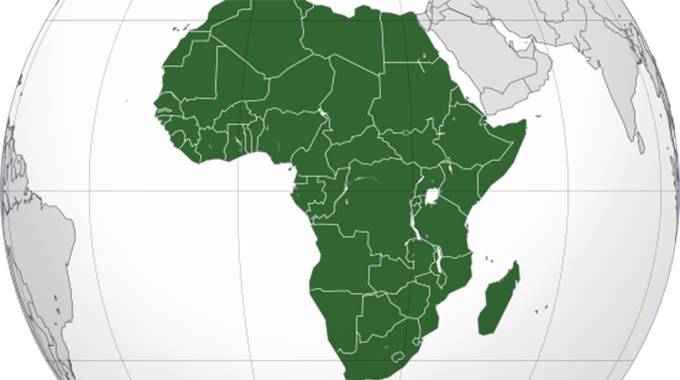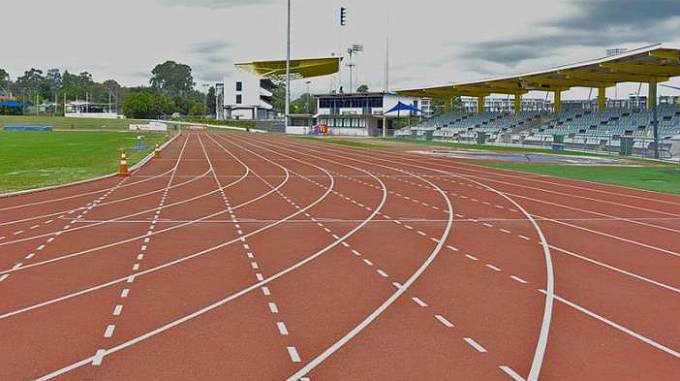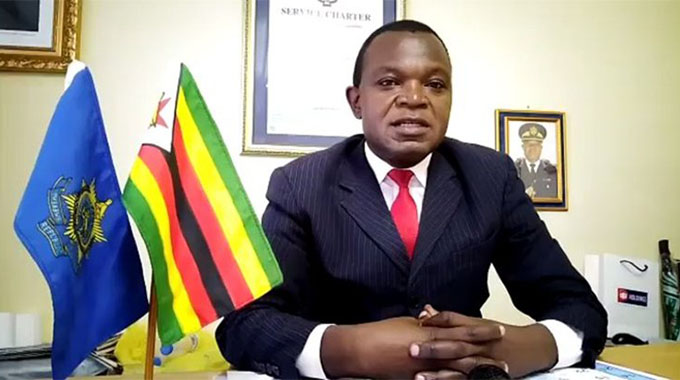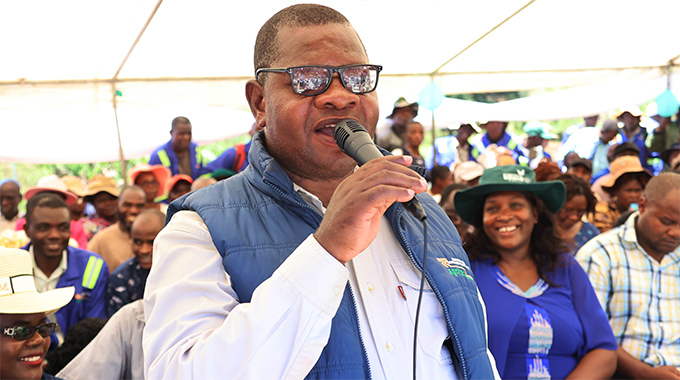Africa not where it should be: Analysts

Gibson Nyikadzino
Herald Correspondent
ADVOCATES of pan-Africanism and decolonisation have urged African governments to invest in the creative industry and establish pro-African institutions to successfully defend the continent against neo-liberalism and its proxies coming in the form of non-governmental organisations (NGOs).
The sentiments come after President Mnangagwa yesterday, writing in his column in The Herald’s sister paper, The Sunday Mail, warned the nation against a rising “new wave of fake nationalism” which is using all possible means to re-establish Western dominance in Africa.
NGOs, mostly funded by Western countries, have been criticised for representing a continuity of the work of some of their precursors, the missionaries and voluntary organisations, that co-operated in Europe’s colonisation and control of Africa.
Ahead of the 59th commemoration of Africa Day on Wednesday after the founding of the Organisation of African Unity (OAU) on May 25, 1963, now African Union (AU), political academic and pan-Africanist, Mr Richard Mahomva, said it is time Africans “leave the neo-liberal sense”.
He said there is a generic critique of the AU that has been presented by people who compare the AU’s existence as premised on the pan-Africanist ideology and not African-centred national institutions.
“We have always had a generic critique of the AU and in that regard we have also criticised the relevance of pan-Africanism as an ideology. People look at Africa from the yardstick of the oppressor’s point of view yet the assessment of Africa has to be done in a soberly sense,” said Mr Mahomva.
He said Africans need to dump the Western neo-liberal view of looking at the post-colonial state and start giving credibility to their own electoral systems while discussing Africa’s growth in the context of the continent’s development trajectory.
“When people discuss the economy in Zimbabwe, they forget that it was a colonially inherited structure that was only benefitting a few people while they praise the proliferation of NGOs and sanctions that advance the neo-liberal views in Africa.
“There is a need to invest in ideas. We have the British Council the world over, whose mandate is not to advance African interests but Western interests. The Americans have a Nelson Mandela Scholarship fund but Africans do not have scholarships in the name of Kwame Nkrumah,” added Mr Mahomva.
Institute of African Knowledge (Instak) chief executive officer and pan-Africanist Ambassador Kwame Muzavazi said it is now time for African leaders to be more “radical, courageous and unapologetic” about the Africa they envision.
Ambassador Muzavazi said Africa is not where it is supposed to be more than 50 years into Independence.
“Right now African borders are closed but there are three things that are supposed to move freely on this continent. The free movement of people, capital and goods and services was agreed in 1963 and there is no need for successive summits to implement these resolutions since 1963. We can defeat these NGOs and it is in our hands to do so.
“Africa now needs to be more radical, courageous and unapologetic because we are not where we are supposed to be. We have Africans who cannot move freely on our continent with countries demanding visas while Europeans and Americans travel without any restrictions here,” said Ambassador Muzavazi.
In 2016, the AU launched the continent’s passport aimed at facilitating the free movement of people to fast-track integration on the continent to achieve socio-economic growth for the well-being of African citizens.
Last year, the African Continental Free Trade Area (AfCFTA) was launched to bring continent-wide free trade to 1.3 billion people in an $3.4 trillion economic bloc.
AfCFTA’s progress has been faced with challenges among them poor infrastructure connectivity and excessive border bureaucracy.
Public policy expert Mr James Muroiwa urged African leaders to work towards an accelerated economic integration for a positive African development agenda.
“As a continent we need to acknowledge that the best way to have speedy growth in Africa will only be achieved through regional economic integration to achieve positive growth and development agenda. What African leaders need to work on is to invest in regional infrastructure, policy harmonisation and increased free movement of cross-border investments and labour. That will help us get where our founding fathers wanted us to be,” said Mr Muroiwa.







Comments